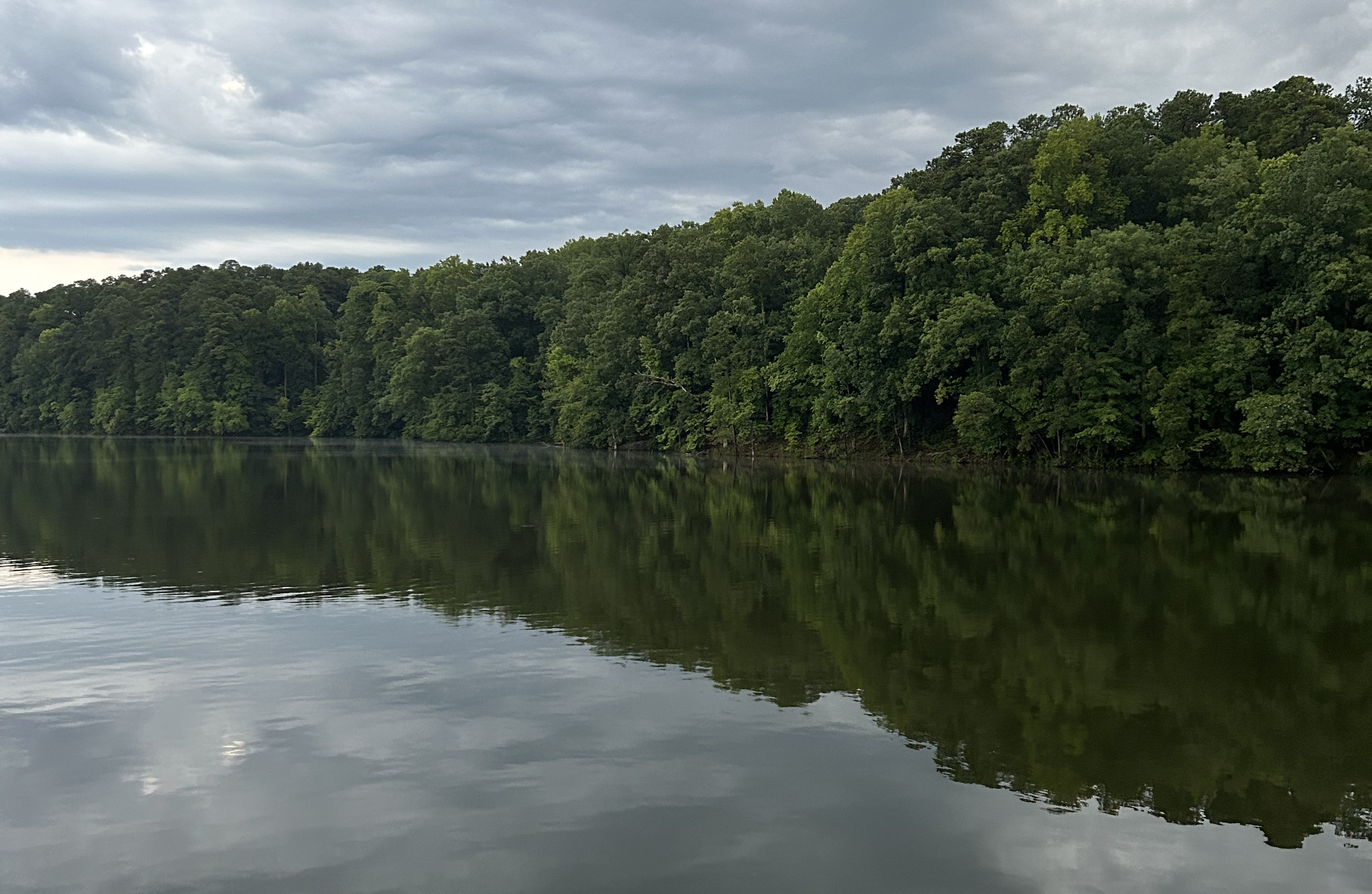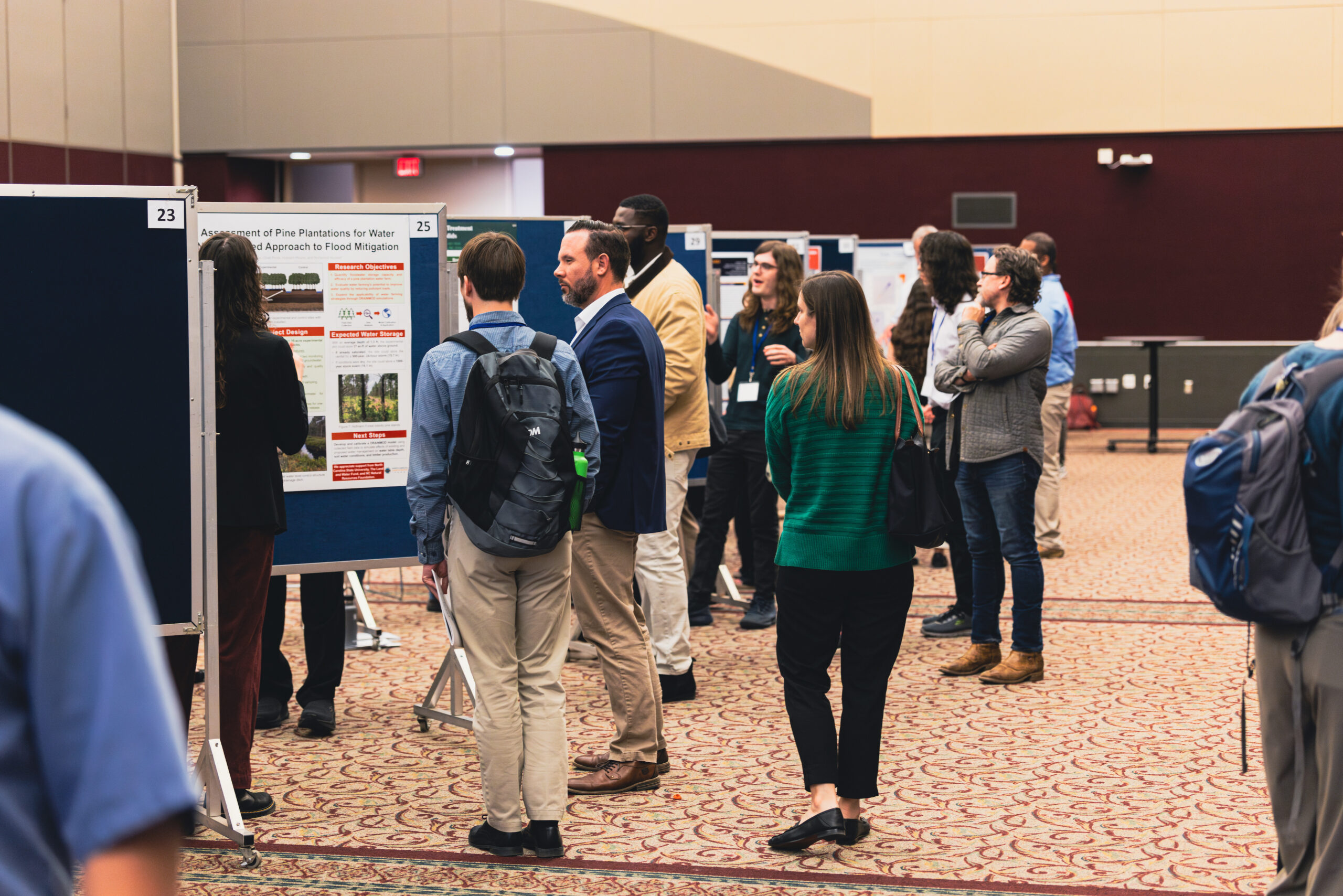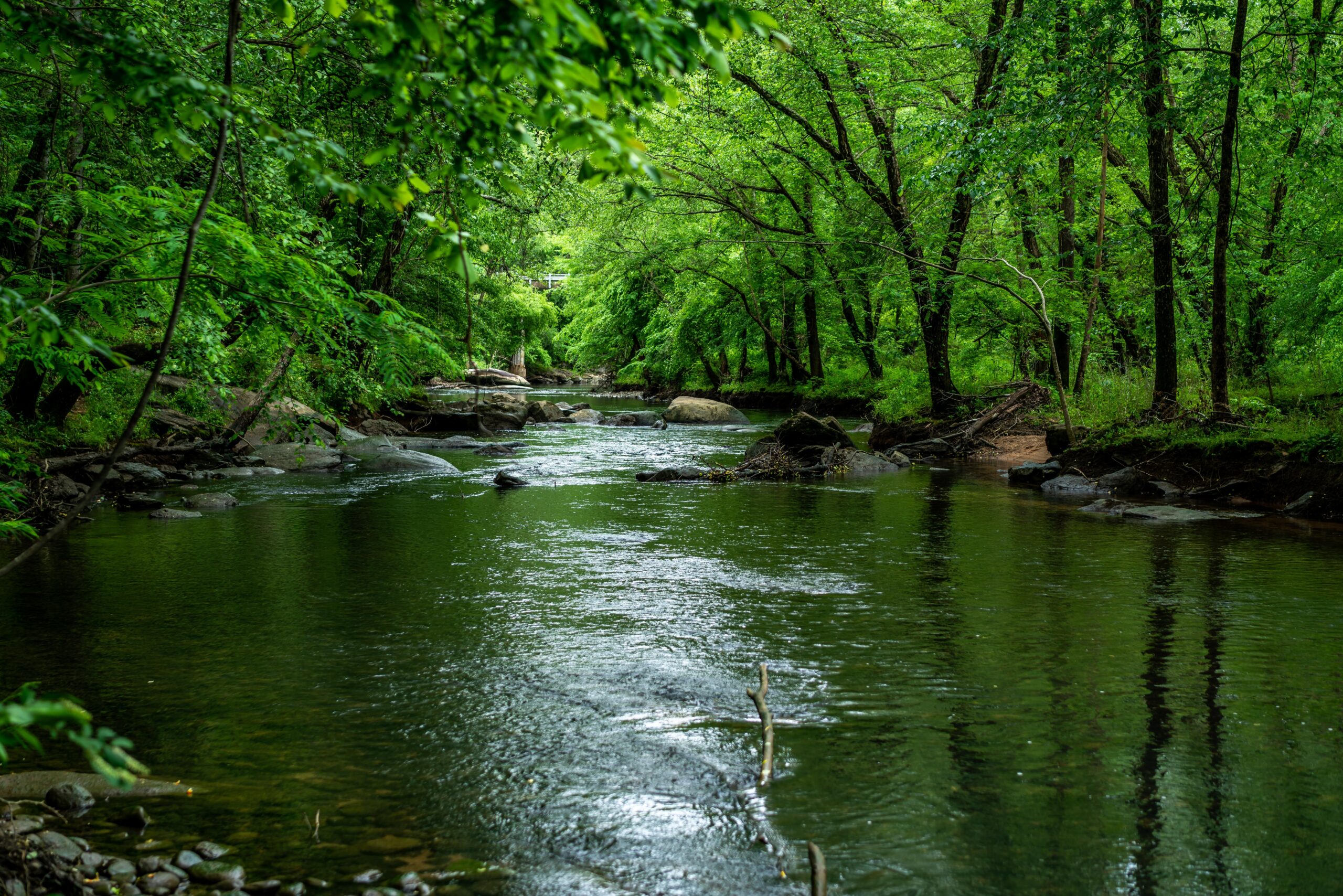Announcing the 2024 NC WRRI Annual Conference Plenary Speakers
Speakers include scientists, researchers, and community activists from a range of backgrounds.
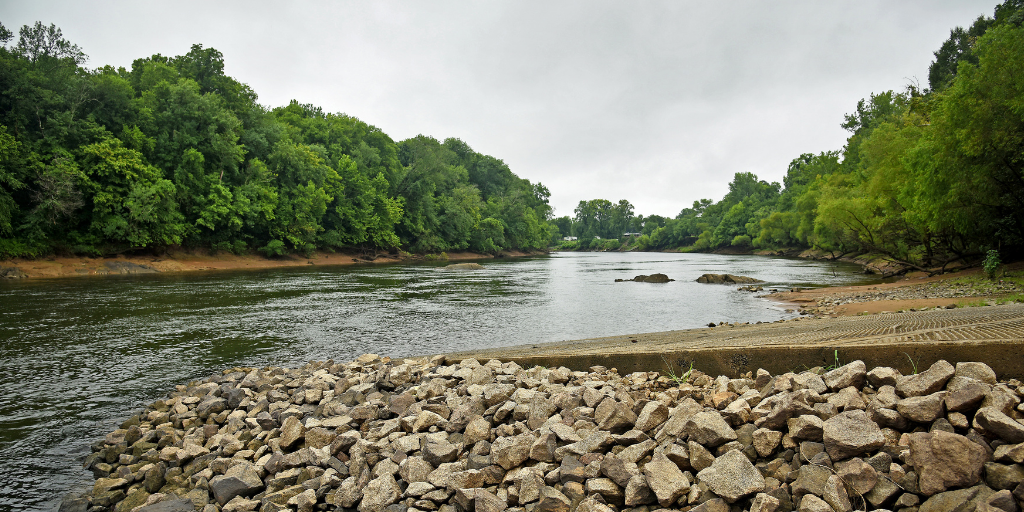
The 2024 NC WRRI Annual Conference plenary speakers have been announced! These speakers, who will lead the opening sessions on both days of the conference, include scientists, researchers, and community activists from a range of backgrounds.
On Wednesday, March 20, the first day of our annual conference will open with a panel titled “Collaborating with Communities for Meaningful Research: Building the Practice.” Speakers include Colleen Karl, Chairperson for Chowan Edenton Environmental Group; Ryan Emanuel, Associate Professor at Duke University; and Samantha Krop, Neuse Riverkeeper, Sound Rivers. The panel will focus on the ways in which collaborative community based research can be mutually beneficial to both researchers and the communities they’re partnering with. Panelists will share experience and stories, highlighting projects, to demonstrate how this type of work can be done and why it’s important.
On Thursday, March 21, the second day of the conference will open with a presentation from Layla El-Khoury, a PhD student in the Biological and Agricultural Engineering department at North Carolina State University. Titled “Using Dance to Communicate Science, Technology, Engineering, and Mathematics (STEM) Research”, El-Khoury’s presentation will explore the process of choreographing dance pieces inspired by STEM research and show how dance can educate and bring awareness to water-related issues. El-Khoury will share excerpts from two choreographed dance pieces, one focusing on streambank erosion, and one focusing on plastics and microplastics in streams.
Meet Our Speakers
Layla El-Khoury, PhD student, North Carolina State University
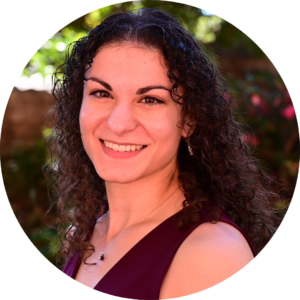
Layla El-Khoury is a PhD student in the Biological and Agricultural Engineering department at North Carolina State University (NCSU) working with Dr. Barbara Doll. She conducts research in improving methods for identifying, predicting, and quantifying streambank erosion to better target restoration efforts. She conducted research for her master of science degree, from NCSU, that focused on validating a USGS geospatial data layer where the results indicated it could be used to identify locations of erosion. This enables identification of potential stabilization/restoration sites prior to field assessments, maximizing the use of limited time and resources.
In her PhD research, Layla has examined different methods to quantify streambank erosion, including physical surveys, aerial imagery analysis, and geomorphic change detection using LiDAR data. She has also worked on developing a model to predict streambank erosion rates in the Ridge and Valley and Blue Ridge regions of Virginia as well as for the Falls Lake watershed in North Carolina. Her latest research has been focused on developing models to predict TN and TP loads from streambank erosion that go to Falls Lake.
Layla has also been a member of the State Dance Company (SDC) at NCSU since 2021. Through SDC she has had the opportunity to merge her research with dance. Through dance, Layla is developing new techniques for communicating STEM concepts and research to those outside the field, making education more engaging.
Ryan Emanuel, Associate Professor, Duke University
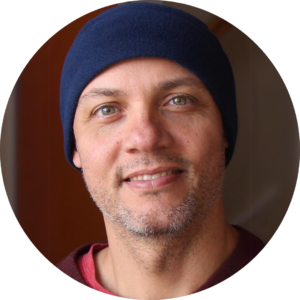
Ryan Emanuel is a hydrologist and community-engaged scholar from North Carolina. He studies ecohydrology, biogeosciences, environmental justice, and Indigenous rights at Duke University, where he is currently an associate professor of hydrology in the Nicholas School of the Environment. Emanuel’s research group studies the impacts of climate change and unsustainable development on water and watery places.
His group also partners with Native American Tribes and other communities to understand environmental change through the lenses of environmental justice and Indigenous rights. Their work involves research, education, and relationship-building that ultimately aims to amplify voices of Indigenous and other marginalized communities who shoulder disproportionate environmental burdens.
Emanuel has written or co-authored more than fifty peer reviewed research articles, and his first book, On the Swamp: Fighting for Indigenous Environmental Justice, will be published in April 2024 by the University of North Carolina Press. Emanuel belongs to the Lumbee Tribe of North Carolina.
Colleen Karl, Chairperson of the Chowan Edenton Environmental Group
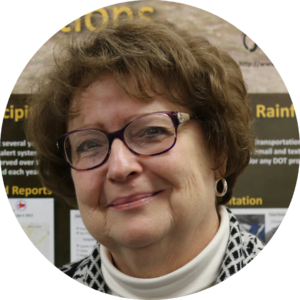
Colleen Karl is the current chairperson of the Chowan Edenton Environmental Group (CEEG) based in Northeastern North Carolina. Colleen is a science education specialist retired from North Carolina State University who consults with schools and community organizations to increase place-based environmental opportunities. Her educational background includes a B.S. in Marine Science from Long Island University and a M.S. in Science Education from East Carolina University. She is a National Board Certified Educator for Adolescent and Youth Science.
The Chowan Edenton Environmental Group has successfully partnered with a number of organizations and Universities to match local environmental concerns with researchers and funding. The CEEG has received support and recognition through their work on several Community Collaborative Research Grants focused on increasing regional understanding of cyanobacteria blooms in the Chowan River and Albemarle Sound. These efforts increase community environmental awareness and knowledge, often guiding local management decisions.
Colleen has made Edenton her home for nearly 40 years, enjoying the waterways and the rich history of the Albemarle region of the state. She is active with many community science, environmental justice and educational groups across the state. When not involved with local environmental projects, she enjoys restoring old homes with her husband, photography, drawing and painting, creative writing and genealogical research.
Samantha Krop, Neuse Riverkeeper, Sound Rivers
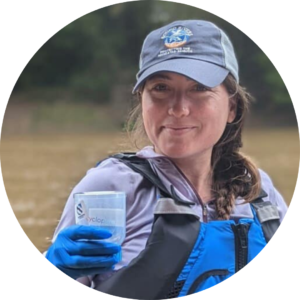
Samantha Krop is the Neuse Riverkeeper with Sound Rivers, a nonprofit that advocates for the health of the Neuse watershed from Falls Lake to the Pamlico Sound. Originally a native of Florida’s Gulf Coast, Sam spent her summers in North Carolina where she fell in love with the landscape here. Sam has spent her professional life working at the intersection of education and environmental activism, where she uses her talents in writing, community organizing, public speaking, and field work to advocate for the environment and the communities who rely on it.
Before moving to North Carolina to become a riverkeeper, she spent ten years in Oregon working on forestland conservation and instructing high school, undergraduate and graduate-level classes in environmental justice. Today, Sam works in defense of the Neuse river watershed and all those who rely on it through water sampling, public education, community organizing, and political advocacy.
About the conference
WRRI’s annual conference brings together all sectors and all disciplines working in water resources across North Carolina. Here you’ll find water utilities, students, consultants, academics, nonprofits, state agency staff, among many others, working across fields such as stream restoration, water supply planning, stormwater management, hydrology, community engagement and many more!
- Categories:
